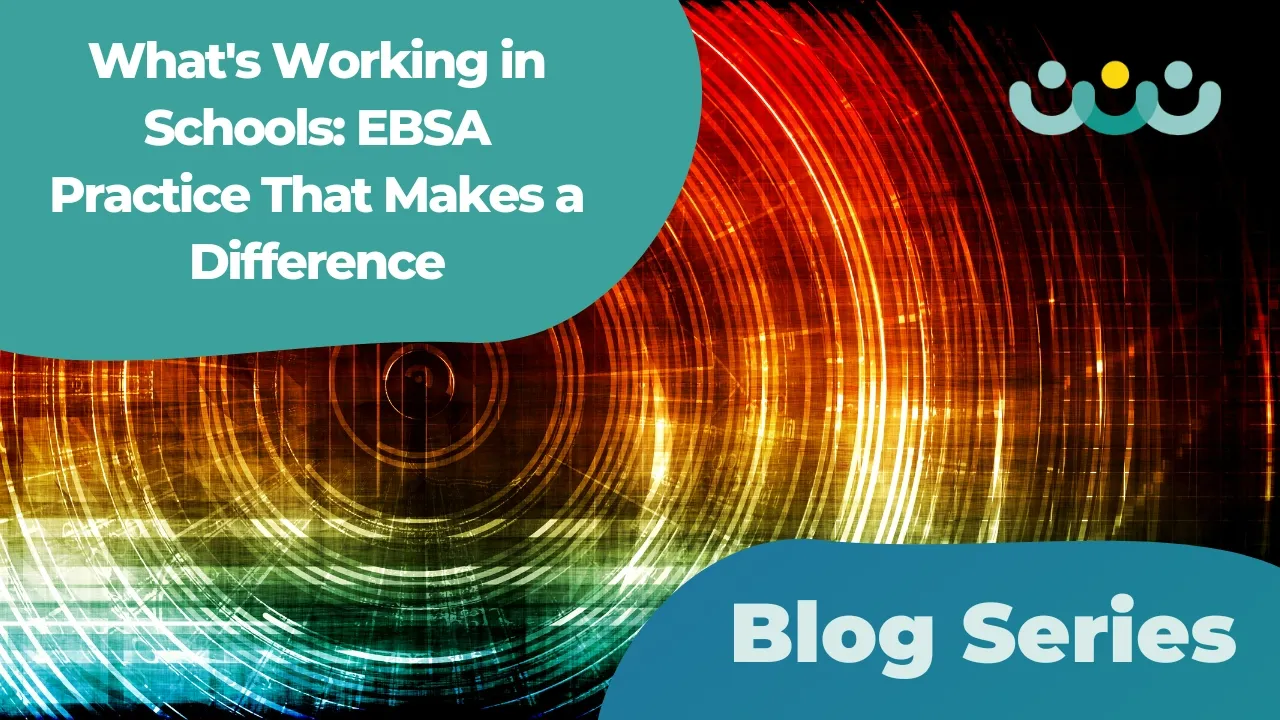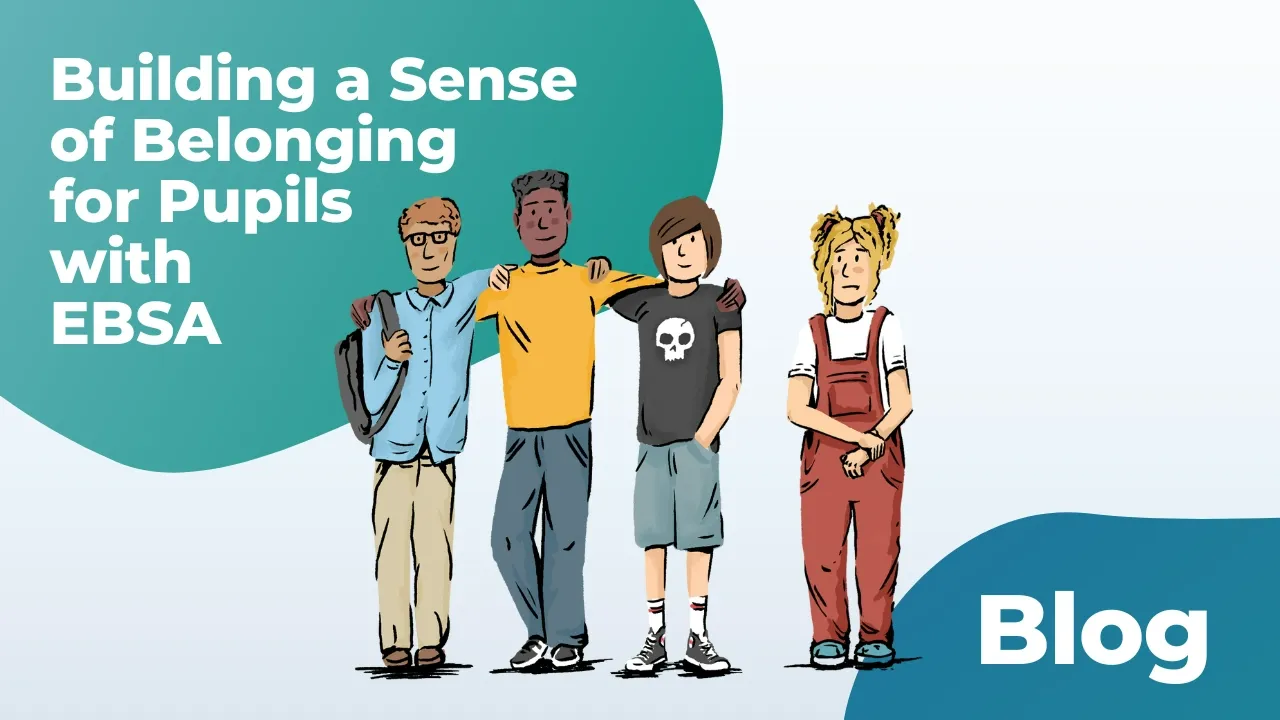This is the second blog in our series exploring barriers to education. In the first blog, Shannon Hatton-Corcoran and Rachel Lyons introduced the WARMTH framework - six foundations to reduce barriers to education, recognising that declining attendance is a symptom of unmet need requiring compassiona...
Written by Shannon Hatton-Corcoran (Trafford Educational Psychology Service) & Rachel Lyons (Salford Educational Psychology Service)
Overview
Barriers to Education: a compassionate and proactive approach that is for ALL young people. It recognises that declining attendance is the result of barrier...
As a parent, you want the best for your child. So when they start struggling to attend school, it can be a worrying and confusing time. You might have heard terms like 'school refusal' or 'school phobia', but there are also a wide range of newer more compassionate terms too, such as Emotionally Base...
As parents, we want our children to feel happy and secure at school. But when your child is experiencing Emotionally Based School Avoidance (EBSA), this can feel like an enormous challenge. If you're reading this, chances are you've already been on quite a journey with your child, navigating the com...
There are many different terms that are used to describe a child's absence from school. These terms include "school refusal," "truancy," and "persistent absenteeism." While they all relate to a child's non-attendance at school, they have distinct meanings and implications which are important for all...
As teachers, TAs and SENCOs, we're all too familiar with the challenges of supporting pupils who struggle to attend school. Whether it's a Year 3 who can't seem to make it through the school gates or a Year 11 whose attendance has suddenly plummeted, these situations are complex and often heart-wren...








